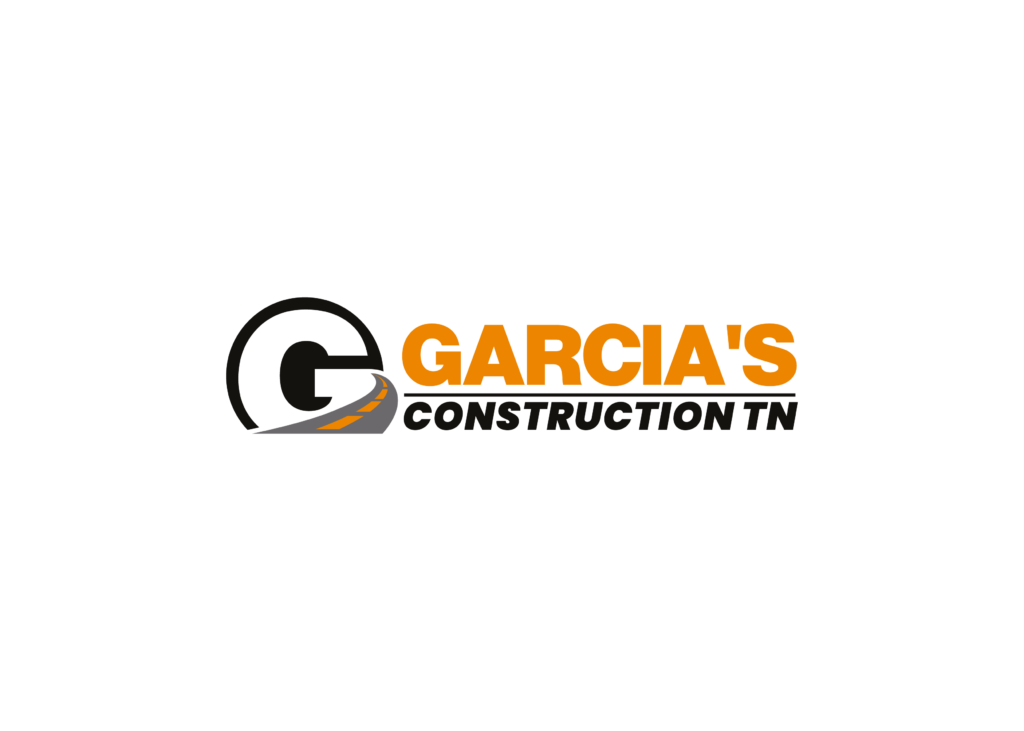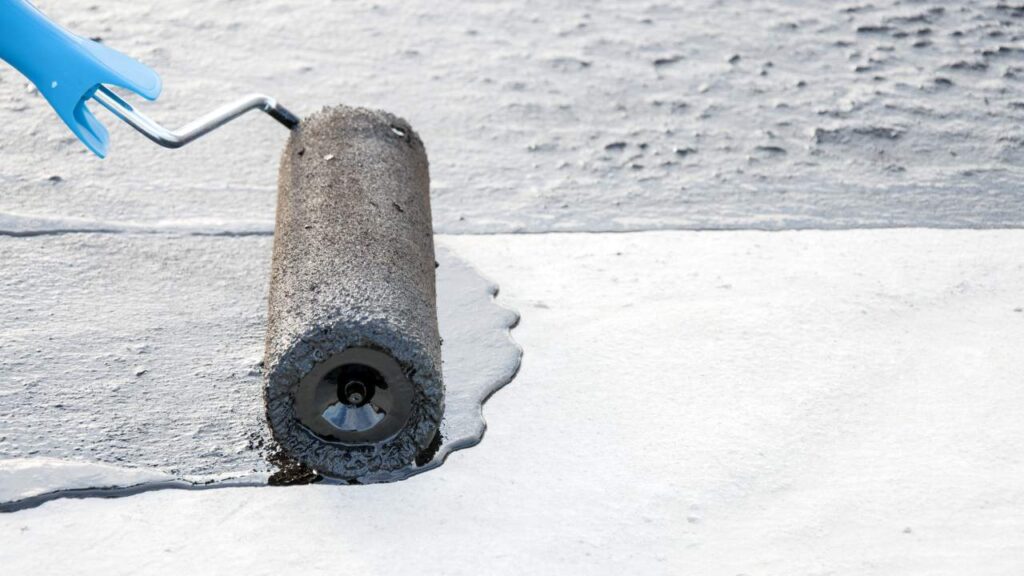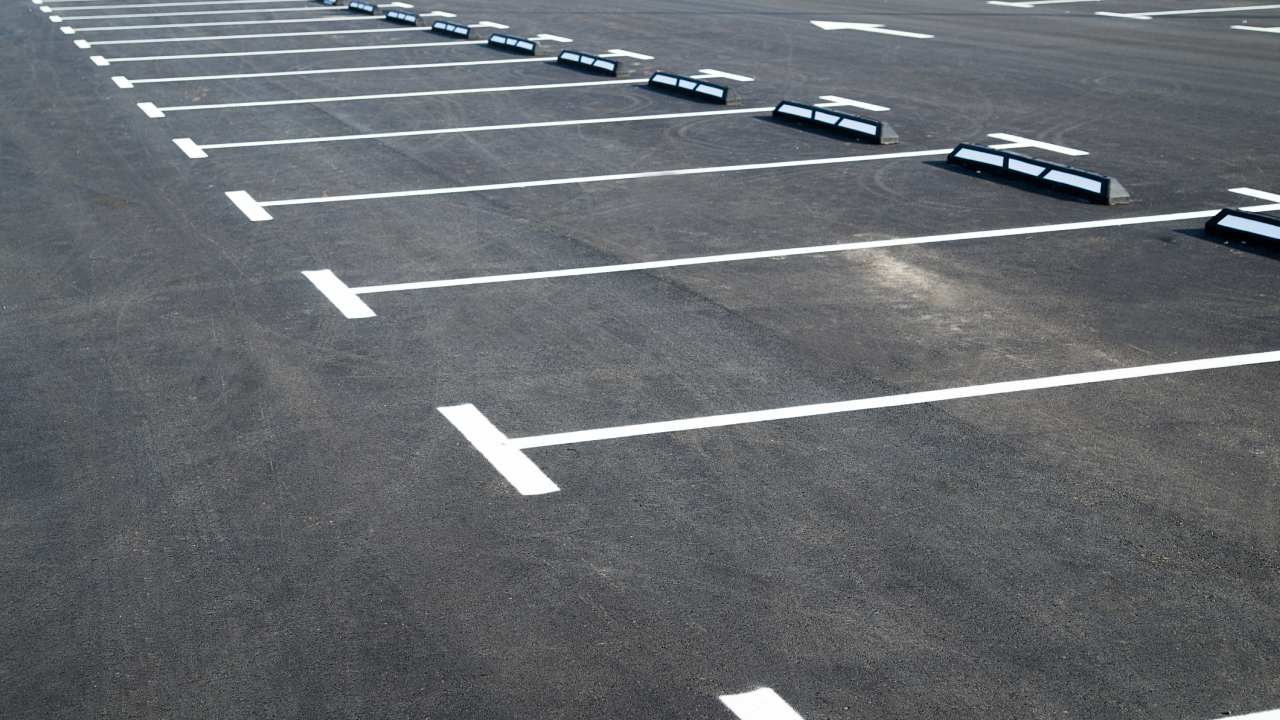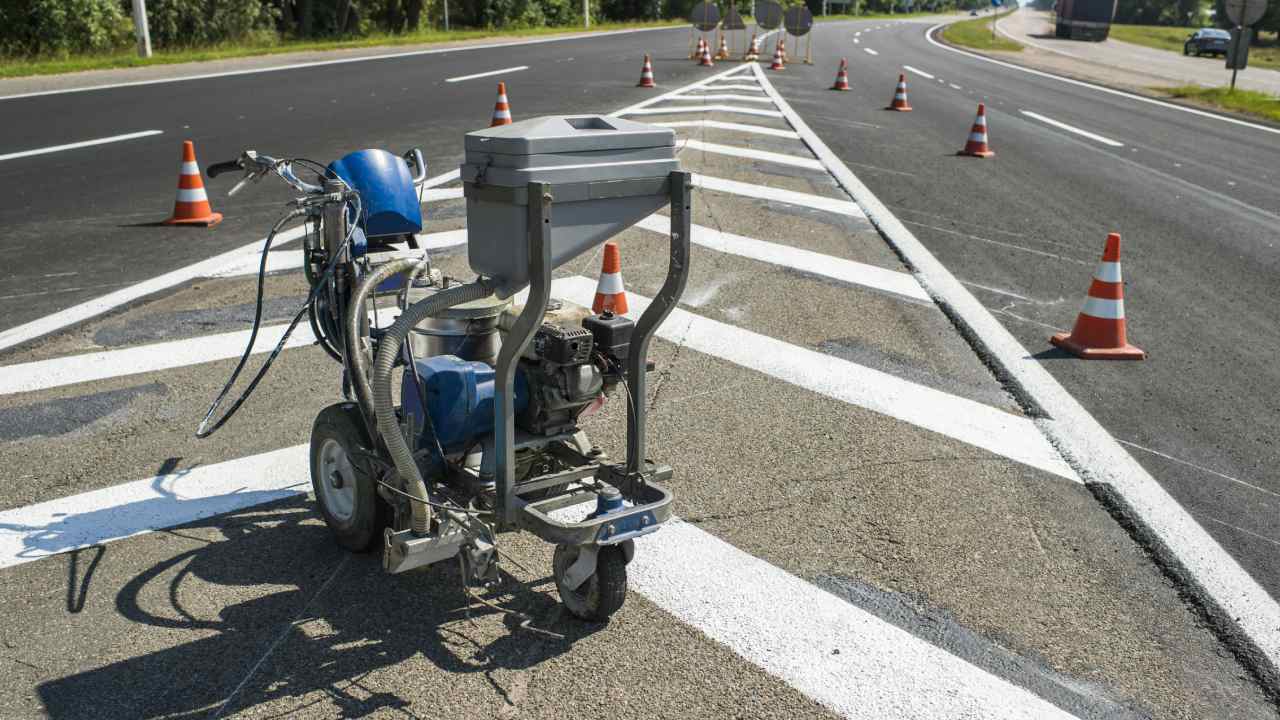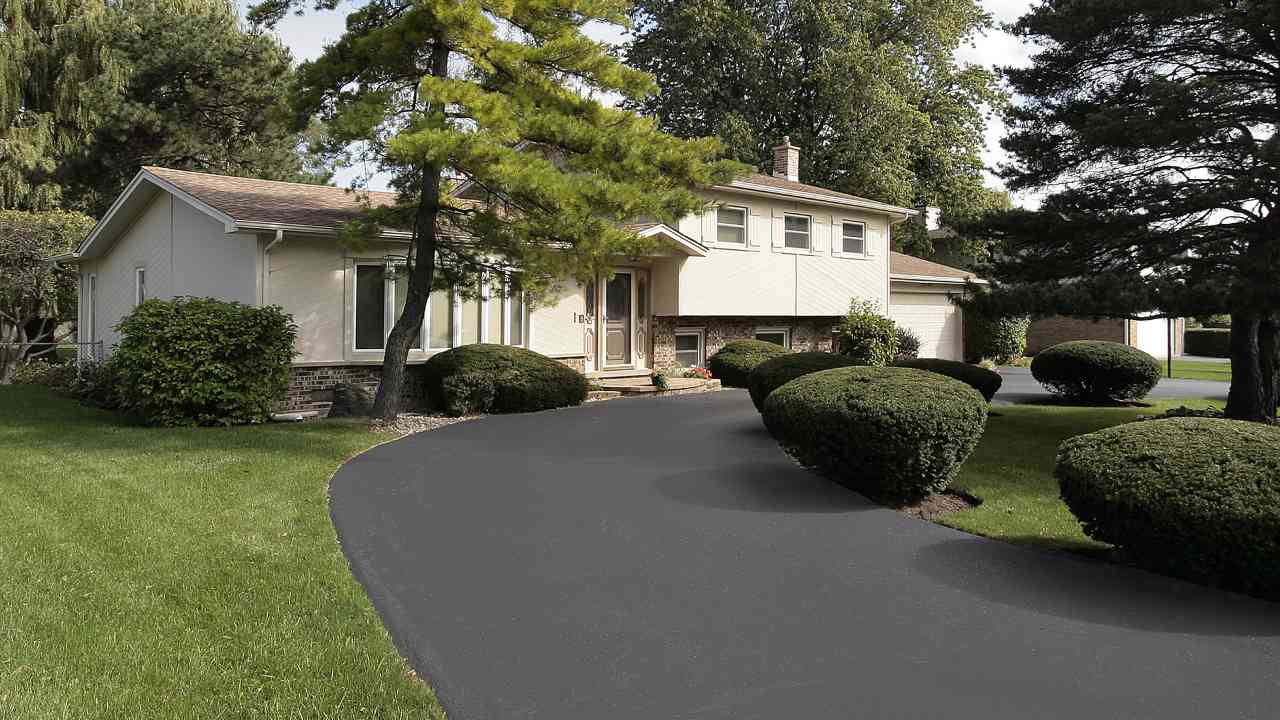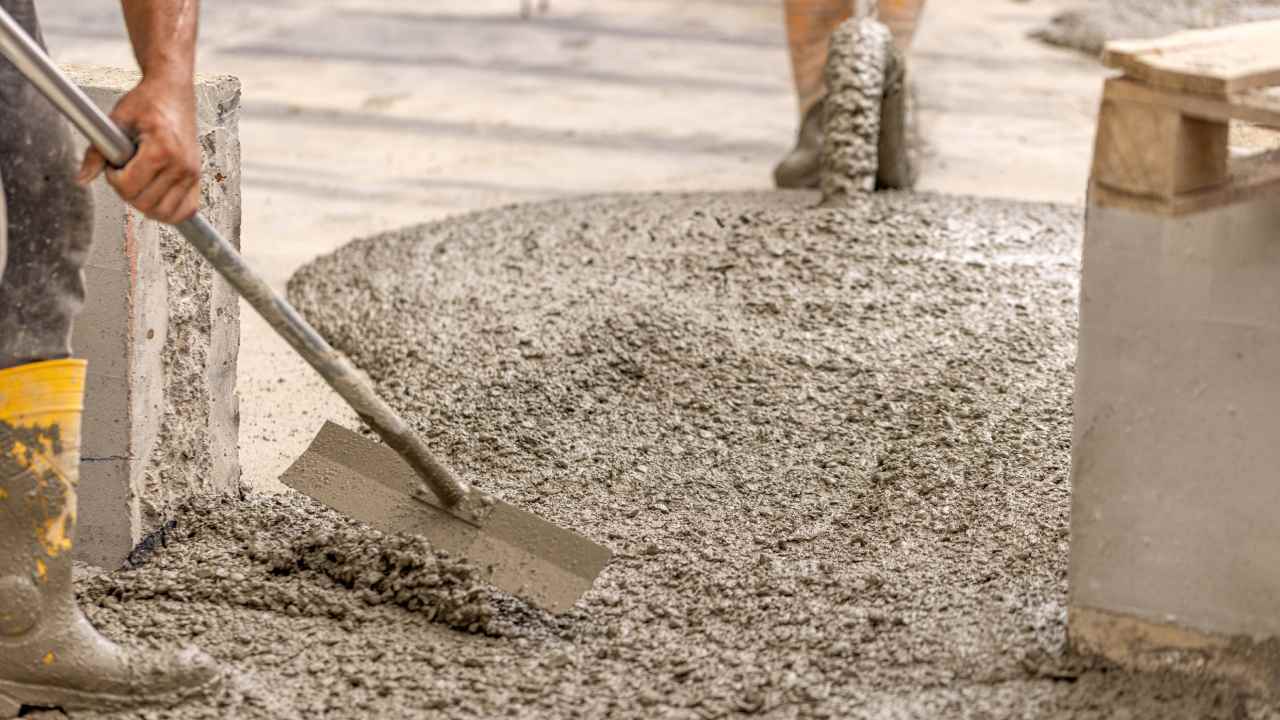Outdoor concrete is a big investment and is usually exposed to the elements. Being aware of your investment prevents you from problems in the future. With proper care such as curing, sealing and maintenance, concrete can last for many years.
Here we are going to share 7 tips to help you keep your outdoor concrete in excellent condition.
1. Know Your Surroundings
Outdoor concrete surfaces can take a hit generally in winter and summer. Snow runoff and spring rains can cause damage if they remain on the surface for too long. Consider sloping the concrete away from the house to prevent water damage to the surface and foundation. Rain, snow, ice and heat can affect concrete curing times.
2. Pouring And Curing
The proper temperature for pouring and curing concrete is between 50 and 90 degrees. Extremes can damage the final result. Too much cold and the freezing and thawing cycle can cause the concrete to expand and contract, generating cracks and spalls. Too hot, the concrete will set faster, but may compromise its strength. In conclusion, concrete must be properly cured for maximum durability.
3. Concrete Sealing
Choosing the right sealant is a critical part of getting the job done right. This protective top coat enhances the appearance of decorative concrete, blocks against moisture, dirt, oil and stains and protects against excessive wear. The type of concrete sealing used depends on the type of project.
4. Keep It Clean
Perform basic maintenance by immediately cleaning concrete surfaces of spills and debris to minimize stains and other damage. This includes weeds and grass, oil, tire marks, and more. Frequent cleaning keeps exterior concrete surfaces looking their best. When your patio is clean, protect it from stains with a concrete sealer.
5. Apply A Fresh Finish
A clean surface is essential to properly stain or paint concrete. First, pressure wash and sweep the concrete surface. Recoat concrete every 3 to 5 years to protect the surface, especially in high-traffic areas such as driveways, walkways, and patios.
6. Check For Cracks
Check concrete walls, floors, and foundation slabs for cracks, lifting, or deterioration. Some small cracks can be repaired; if the crack is the width of a nickel, it’s time to call a professional.
7. Consult An Expert
Our concrete experts can help you get the most out of your investment by providing maintenance and protection solutions for your specific concrete needs.
